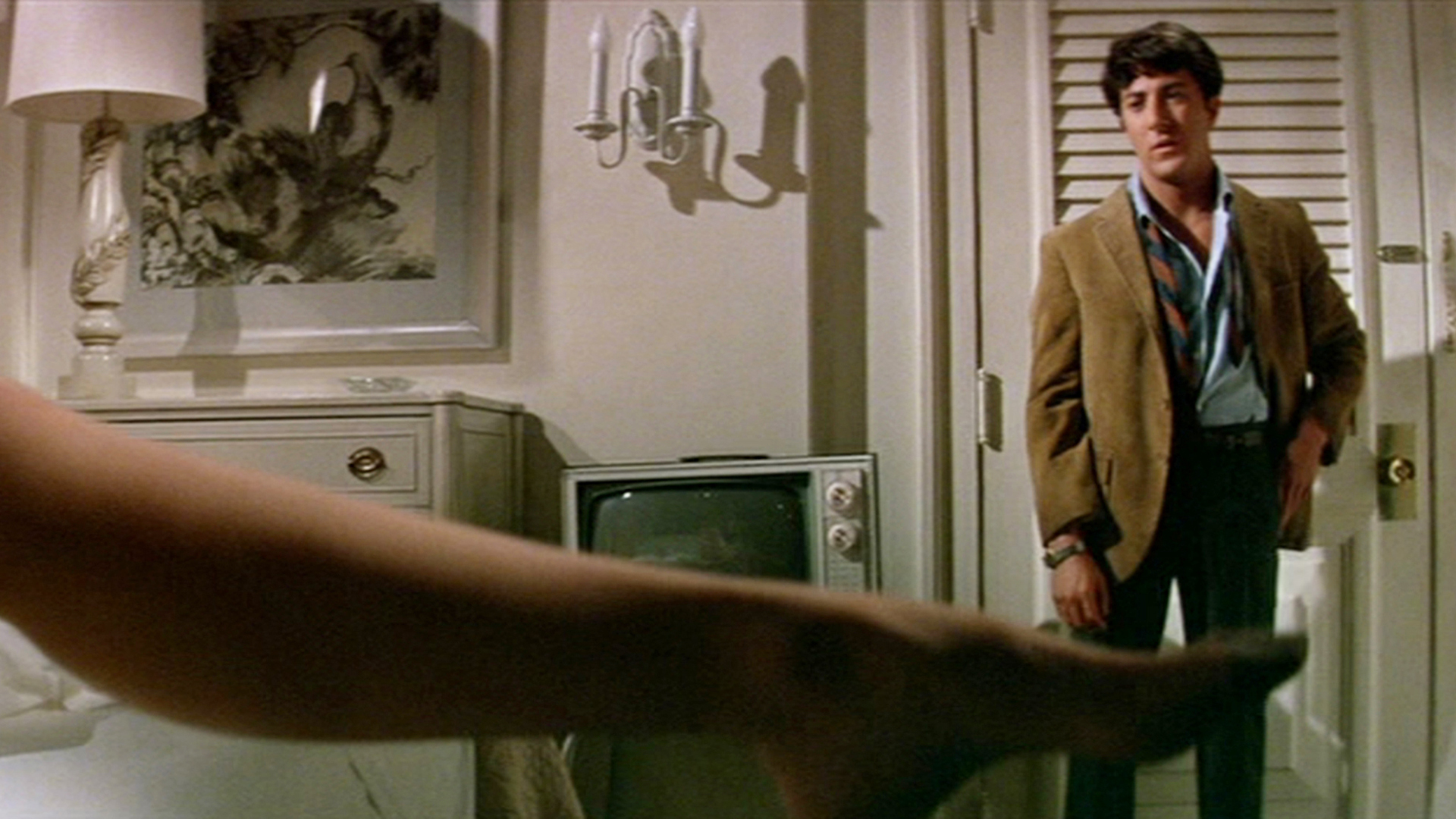Monday, Feb 26, 2018
Events featuring screenings, panels and featured speakers take place Feb. 28-March 1
by Robert Leitner ’17
The New Hollywood, a monumental development in film history that changed the industry forever, is the subject of Rider University's annual film symposium. "The Birth of the New Hollywood" will feature regional film scholars, faculty roundtables, student panels and screenings of classic films during the two-day event, Feb. 28-March 1.
Gradually emerging from the mid-1950s through the early 1960s, the New Hollywood, typically dated by scholars as a period from 1967 to 1976, was characterized by a class of young filmmakers audaciously making movies that were personal and naturalistic, and often anti-establishment, in nature — in direct contrast with a majority of movies produced by the old studio system. Mike Nichols' 1967 masterpiece, The Graduate, is a prime example of the movement.
“The rich, textured films of the period are so original and powerful — and often unsettling,” says Dr. Cindy Lucia, director of Rider's Film and Media Studies Program, which is presenting the symposium. “The films we'll be discussing are just a small handful of the larger tapestry of movies that make the New Hollywood one of the most influential if not the singular movement in American film history.”
Art Simon, an accomplished scholar, professor of film studies at Montclair State University and author of Dangerous Knowledge: The JFK Assassination in Art and Film, is one of the symposium's featured speakers on Feb. 28. His talk is titled “Mad as Hell: The American Film Renaissance, 1967-1976."
Dr. Jerry Rife, the featured speaker on March 1, is a long-time Rider faculty member who teaches a film music course that has drawn enthusiastic students for decades. He'll discuss “New Hollywood’s New Directions in Film Music: 2001: A Space Odyssey and The Graduate."
“Dr. Rife will bring his insights to our students and community members in tribute to his forthcoming retirement at the end of this academic year,” Lucia says.
The symposium’s events will highlight discussions of several movies of the period, including Belle de Jour (1967), The Graduate (1967) and Rosemary’s Baby (1968), that bring to light key topics of the New Hollywood movement, including sexuality, gender roles, youth and race.
“The New Hollywood was an exciting period in film history that was initiated by such innovative and influential films,” Lucia says. “Independent, director-driven approaches placed a priority on film’s artistic, personal and political expression, speaking to the real lives of its audience members.”
"The Birth of the New Hollywood" will take place over two days, Feb. 28-March 1, with all events in Sweigart Auditorium on Rider University's Lawrenceville campus. The symposium is free and open to the public. For a full schedule of events, please visit www.rider.edu/events/film-symposium.

